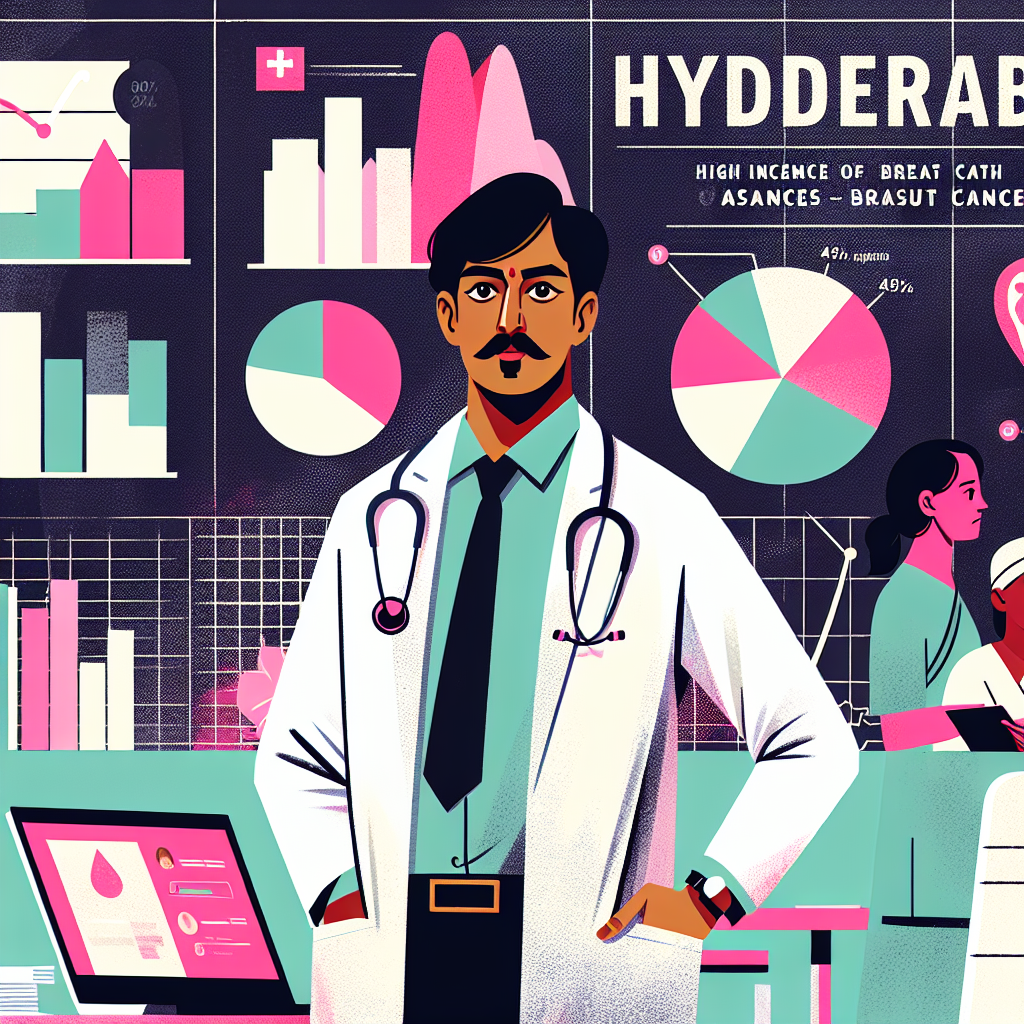Understanding Breast Cancer Risk Factors in Urban Areas

Breast Cancer Risks: Unpacking the Urban Lifestyle Influence
Breast cancer is increasingly prevalent in urban areas, particularly in cities like Hyderabad. Medical professionals identify a range of lifestyle factors that contribute to the alarming Annual Age-Adjusted Incidence Rates (AAIR). Understanding these risks can empower individuals to make healthier choices.
Key Factors Contributing to Increased Breast Cancer Rates
- Urban Lifestyles
- Fast-paced, stress-laden urban environments often lead to poor health choices.
- Limited time for physical activity and an array of convenient but unhealthy food options contribute to obesity.
- Sedentary Routines
- Increased time spent in jobs that require little physical movement.
- Reliance on vehicles for transport discourages regular exercise.
- Alcohol Consumption
- High rates of alcohol intake have been linked to increased breast cancer risk.
- Educating communities on safe drinking levels is essential.
- Reproductive Factors
- Early Menstruation: The age at which girls begin menstruating can influence cancer risk.
- Late Menopause: Maintaining hormonal levels for a prolonged period increases susceptibility.
- Childbirth Choices: Women having children later in life, and a reduced number of pregnancies, correlate with higher risks.
- Breastfeeding: Lack of breastfeeding is another contributing factor, as it provides protective effects against breast cancer.
Empowering Through Awareness
By acknowledging these risk factors, cities can foster awareness and promote healthier lifestyle changes. Public health campaigns can focus on:
- Dietary Education: Encouraging balanced diets rich in fruits, vegetables, and whole grains.
- Promotion of Physical Activity: Initiatives to find ways to integrate exercise into daily routines.
- Support for Reproductive Health: Educating women about the benefits of timely childbirth and breastfeeding.
Through community engagement and education, it is possible to mitigate the risks associated with urban living and reduce breast cancer rates. Empowering individuals with knowledge allows for informed choices, potentially leading to healthier outcomes for future generations.
